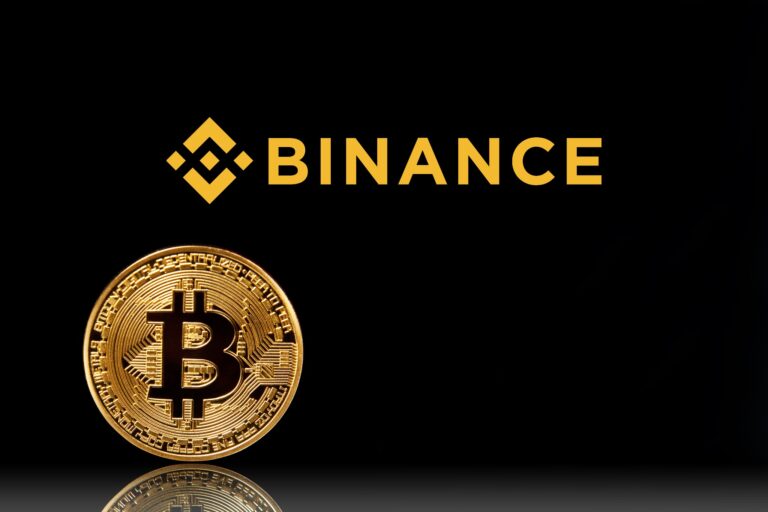The Hook: Imagine you’re building a decentralized world, where power is shared by everyone, and no single entity controls the future. Now, what if a key part of that dream takes a step closer to centralization? That’s exactly what’s happening with Scroll, a project designed to boost Ethereum’s capabilities. Its recent partnership with Binance, one of the largest centralized exchanges (CEX), is stirring up some serious debate.
The Story: Scroll, which is an Ethereum layer-2 project (remember: Ethereum is the second-largest blockchain after Bitcoin, and layer-2 solutions are built on top of it to make it faster and cheaper), recently listed its token on Binance. Binance is a centralized exchange, meaning it’s run by a single entity with authority over decisions, which is the exact opposite of the decentralized principles behind projects like Scroll and Ethereum.
When Scroll made this decision, some in the crypto community felt betrayed. Why? Because partnering with a CEX could be seen as “bowing down” to centralized powers, which feels like going against the decentralized vision they’ve been pushing for. One user even called it “kneeling” to Binance, and others questioned whether Scroll had given up too much for the sake of growth.
The Big Debate:
- Centralization vs. Decentralization: One of the biggest buzzwords here is decentralization. In simple terms, decentralization means that no single entity, like a government or corporation, controls the entire system. Many cryptocurrencies, like Bitcoin and Ethereum, are built on this principle. When Scroll partners with a giant centralized exchange like Binance, it raises concerns that they might be compromising their values. People worry that if too much control is handed over to centralized entities, the whole decentralized vision could crumble.
- Growth Strategy: On the flip side, Scroll’s co-founder, Ye Zhang, said this move was a strategic decision for growth. Zhang argued that to reach more users globally and grow Scroll’s ecosystem, they needed strong partners like Binance, especially in emerging markets. Think of it like this: Binance has the infrastructure to help more people easily move their money in and out of Scroll’s network. So, it’s not just about “kneeling” to Binance; it’s about setting the stage for more expansion. But here’s the catch—at what cost to decentralization?
Why It’s Important for You: This debate is a huge deal because it touches on the core values of cryptocurrencies. The reason why Bitcoin and Ethereum were created was to give people more control and freedom, cutting out middlemen like banks and governments. However, as these projects grow, they sometimes face tough decisions—like partnering with centralized exchanges—that could pull them closer to the systems they wanted to replace. Understanding this tension helps you see how cryptocurrencies evolve and the constant balancing act between growth and principles.
Steps to Remember:
- Decentralization: A core principle of many cryptocurrencies, where power is distributed, not centralized in one entity.
- Layer-2 Solutions: Technologies like Scroll built on Ethereum to improve scalability, making transactions faster and cheaper.
- Centralized Exchanges (CEX): Platforms like Binance, where one company controls everything, providing easy access but potentially compromising decentralization.
- Growth vs. Values: Projects like Scroll must balance expansion with staying true to their decentralized roots. The partnership with Binance shows how tough these decisions can be.
The Key Takeaway: This is more than just a news story. It’s a sign of the ongoing struggle within the crypto world: how do you grow and make cryptocurrency widely accessible without losing what made it revolutionary in the first place? For anyone interested in the future of blockchain and cryptocurrencies, this is a debate you need to keep an eye on. It’s not just about technology—it’s about shaping the future of money, power, and freedom.



